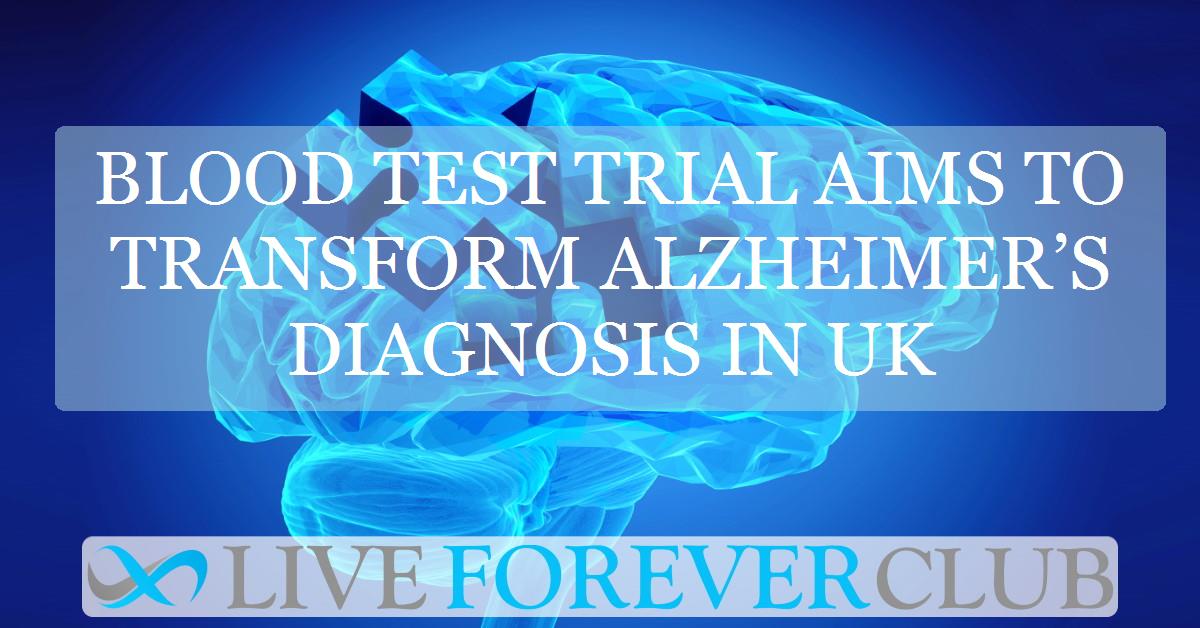Key points from article :
Scientists in the UK have begun a major clinical trial to test whether a simple blood test could transform the diagnosis of Alzheimer’s disease. The study, led by Professor Jonathan Schott and colleagues at University College London and published as part of the ADAPT trial, will recruit more than 1,000 patients at 20 NHS memory clinics across the country. Unlike traditional pen-and-paper tests, which often miss the disease in its early stages, the blood test measures levels of the protein marker p-tau217, which reflects the presence of amyloid and tau—the rogue proteins that define Alzheimer’s.
Until now, confirming Alzheimer’s has typically required invasive or expensive procedures such as PET scans or lumbar punctures, which only a small fraction of patients ever receive. Researchers believe this new test could raise diagnostic accuracy from about 70% to more than 90%, making diagnosis faster, less stressful, and more widely accessible. The trial will also assess whether giving results sooner—within three months rather than a year—helps patients, families, and doctors make better-informed decisions about care and next steps.
The Alzheimer’s Society notes that many people report fear, delays, or dissatisfaction during the diagnostic process, which can limit timely access to support and treatment. By involving patients and caregivers in designing the trial, the research team hopes to improve not just the accuracy of diagnosis but also the experience of receiving it.
If successful, the test could be a gamechanger for the NHS, especially as new drugs for early-stage Alzheimer’s approach approval. Families living with dementia, like Steven Pidwill and his partner Rachel Hawley, who contributed to the trial design, believe a reliable and affordable blood test could reshape how society understands the condition—treating it less like a hidden curse and more like a manageable health challenge. Results from the trial are expected in about three years.








